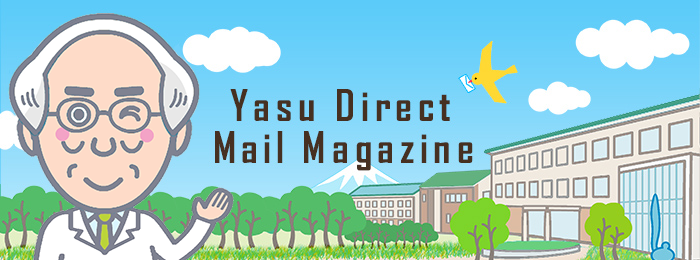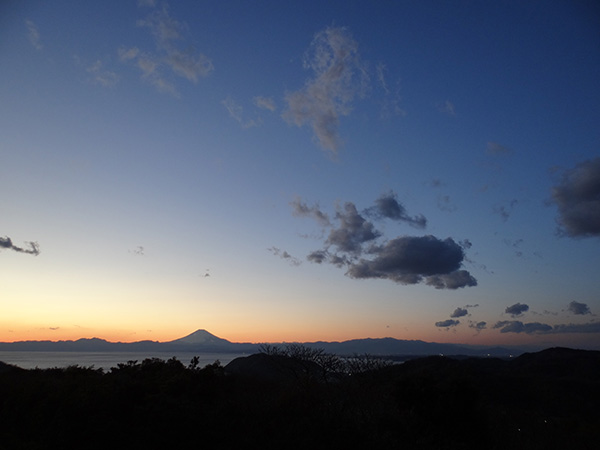No. 2 (September 10, 2014)


Yasu Direct Mail Magazine No. 2 (September 10, 2014)
Hello to all students of the Graduate University for Advanced Studies ("SOKENDAI").
The fruitful autumn season has begun, and I hope you are doing well.
To begin with I have some good news to share, which was also posted in an article on the SOKENDAI website (Note 1): SOKENDAI was ranked number 14 in the Paper Citation Index for all fields from 2008 to 2012 in Japan. Looking at individual fields, it was ranked number three for neuroscience, number four for zoology and botany, number 10 for molecular biology and genetics, and number 13 for physics.
Also according to the 2015 University Rankings (Asahi Shimbun Publications), SOKENDAI comprised 36.89% of the total papers co-authored with overseas institutions from 2008 to 2012. This was number six in Japan and number one among national universities.
I believe this is proof that SOKENDAI students and faculty members are engaging in international cooperation to release papers of fantastic content and quality.
People frequently say, " Kaite nanbo no kenkyusha, " which means, "Researchers are of value only if they write" in the Kansai dialect (if you don't understand, please ask someone from that region).
As this phrase indicates, researchers and graduate students who aspire to become researchers must share their results with the external world via papers and books. The first reason this is significant is because organizing one's results into papers or books means completing the applicable research and taking full responsibility by yourselves for it.
Even for the best work, if it is never published one must say the work remains mostly incomplete-one can only judge what is lacking or insufficient when one starts writing. The second reason is that publishing involves seeking verification from other researchers regarding whether one's results are correct, and also seeking to further develop the results. This is a way of fulfilling your responsibilities in the research community.
The third reason is that a great deal of our research expenses are provided by taxes paid by citizens, so we must fulfill our responsibility of reporting our results.
A high number of citations is a result; it is not something one can aim for from the beginning. However, it is better to know what types of papers are frequently used as reference material. First, this means the content is original and free of falsehoods. If you have self-confidence regarding this point, I think there will naturally be no issues that occur such as copying and pasting. Second, it means the content of the work connects and spans different fields, and also inspires interest among researchers in multiple fields. Third, it means that these results set forth new ways of thinking and inspire many researchers to verify them. Fourth, in the end the best publications cause ripple effects in which new fields are cultivated-in other words, they display leadership.
After publishing a paper or book, I hope you will acquire the habit of asking whether you can explain your results in an easy-to-understand fashion even to children and the general public. If you can do so, and if the results are exemplary ones, SOKENDAI will provide assistance to share this information via the press, website, etc. Together with being accountable to the people, this is also the first step towards social cooperation-looking intently at the relationships between your own work and society.
I ask that everyone always add "SOKENDAI" to your affiliation included in papers and books.
Each student is receiving great support from SOKENDAI, so I believe this is some sort of your duty. Even more importantly, increasing recognition of SOKENDAI will help enhance the prestige of your career history in the future.
This will draw talented younger students to SOKENDAI and will also lead to further boosting SOKENDAI's position in the aforementioned university ranking in even more fields. Therefore, the university's Center for the Promotion of Integrated Sciences will implement a program (Note 2) to subsidize the publication expenses (up to 100,000 yen) for research papers authored by SOKENDAI students that clearly state "SOKENDAI" as their affiliation.
I am carrying out many innovations-based on four types of " Renkei " (connections between different fields, international cooperation, partnership with society, and cooperative relationships with parent institutions) and based on the keyword of "leadership"-to make SOKENDAI into an even more wonderful university. As one facet of this, I will dedicate myself to providing support in cooperation with parent institutions and Inter-University Research Institute Corporations so the fantastic research results of SOKENDAI students can be released in papers and books, and so that both parent institutions and SOKENDAI will engage in more vigorous information transmission.
When you publish a paper or book, please contact the central administration office (yasu(at)soken.ac.jp).
*Please replace (at) as @
The future of everyone at SOKENDAI depends on your research and publication of your results.
Thank you for reading. " Gokigenyou " (All good wishes to you and yours).
Note 1) Refer to /news/11729/ (Japanese)
Note 2) Refer to http://cpis.soken.ac.jp/project/research/ronbunhojo/index.html
